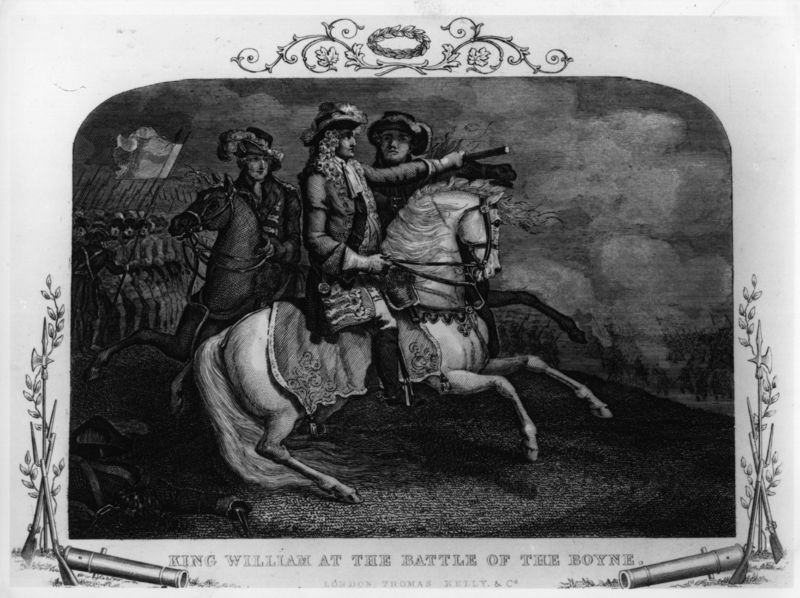Imagine that a European leader invaded England and deposed the legitimate head of state, leaving a Dutchman in charge of the country. If you didn’t know any better, you might think this is an overwrought caricature of what the European Union was supposed to bring to British affairs, at least pre-Brexit; that story sounds far worse than the regulations, taxes or other depredations imposed by Brussels to date.
Yet the opening scenario refers to the 1680s, when William of Orange, who was born in The Hague and spoke Dutch, crossed the sea with a Dutch army and banished the native-born but Catholic king, James II.
No matter which side you take in this historic dispute, it is a founding event in British history. After all, they call it the Glorious Revolution, and it helped set England and Scotland further down a path of empire-building with public credit, a strong navy, Protestantism, and eventually the Industrial Revolution and consumer society.
One lesson, neglected by Brexiteers, is that European interference is part of what has made Britain. (Don’t forget the German-speaking Hanover rulers of the 18th century or the Norman invasion.) In other words, the short perspective doesn’t always reveal what is the truly English, British or nationalistic thing to do.
A second and deeper point helps explain why the attachment to Brexit remains so strong. More than a year after the referendum, the options look very weak. The government is in disarray, with the Conservatives striking a deal Monday with the Democratic Unionist Party to form a very slight majority government. The negotiating position of the EU seems to be a credible take-it-or-leave-it stance. The British public is now rejecting the hard Brexit option — making a clean break — but the country will have to work very hard to receive the same status as Norway or Switzerland, still bound by most EU regulations and paying money to Brussels, but without a seat at the table when it comes to setting the rules. Who should fight or vote for that?
That leaving is so difficult, however, may in part explain the desire to leave. In the most sophisticated cases for Brexit, there is no acceptable resolution to the negotiating dilemmas. Rather many Brexiteers think their nation’s culture and legal system need to take their own courses. For better or worse, they think England in particular simply can’t become that much more “continental.” What appeared to be a wonderful deal — free trade but no euro — actually was viewed as a Trojan horse for the disappearance of British uniqueness. Over time the encroachments of EU law and governance will clash more and more with the underlying institutions and culture of the UK, and something will have to give. Law and culture eventually must prove congruent, but EU legal and bureaucratic powers will inevitably grow, ultimately clashing with the notion of Britain as an idiosyncratic and independent nation. Culture and law cannot remain so separate forever.
I have myself been strongly pro-Remain, but I don’t dismiss the Leavers as a bunch of ill-informed voters or hapless victims of globalization. Counterintuitively, it is the supposedly undereducated Leavers who have the more theoretical and historical perspective. It doesn’t help that they initially were promised a much weaker set of ties with the EU, and so mistrust makes all of the complaints more potent.
Bloomberg
